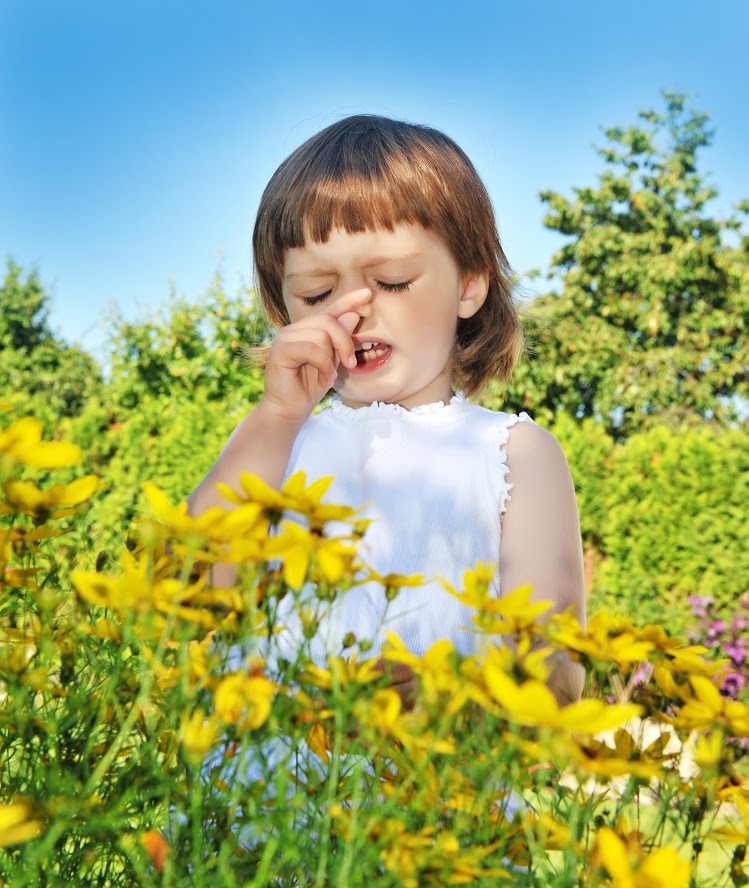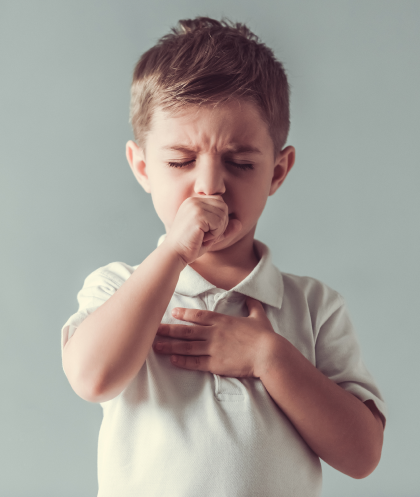
77 Wimpole Street,
London, W1G 9RU


Respiratory Conditions

Hayfever is always unpleasant, but it can be even more worrying if your child also has asthma. What steps can you take to protect your child from their pollen allergy?
Hayfever is an allergic reaction to pollen. It can happen in response to a particular type of pollen or to lots of different plants. When your child has hayfever, the pollen can trigger an immune response in the airways. As well as causing symptoms such as a runny nose, the inflammation can also make the airways narrower. Usually, this won’t cause any serious problems. However, if your child also has asthma then hayfever can be more serious. The narrower airways can exacerbate asthma symptoms or even trigger an asthma attack.
The best way to reduce the risks of an asthma attack due to hayfever is to prevent the pollen from affecting your child. Here are some simple steps that you can take to reduce exposure to pollen:
While you can take steps to limit your child’s exposure to pollen, it isn’t always possible to avoid it together. Children need to spend time outside and it’s impossible to block pollen out of your house completely. Finding a hayfever treatment that works for your child is important and you should keep using their asthma medication too:
Most hayfever medications are suitable for use alongside asthma inhalers, but it’s a good idea to discuss the options with your doctor first. You should also see your doctor if your child’s hayfever symptoms aren’t improving or you’re using the reliever inhaler too often during pollen season. It’s important to get hayfever under control to reduce the risk of asthma attacks.
Please fill the form below
Suzanne Harvey
secretary
Resources
